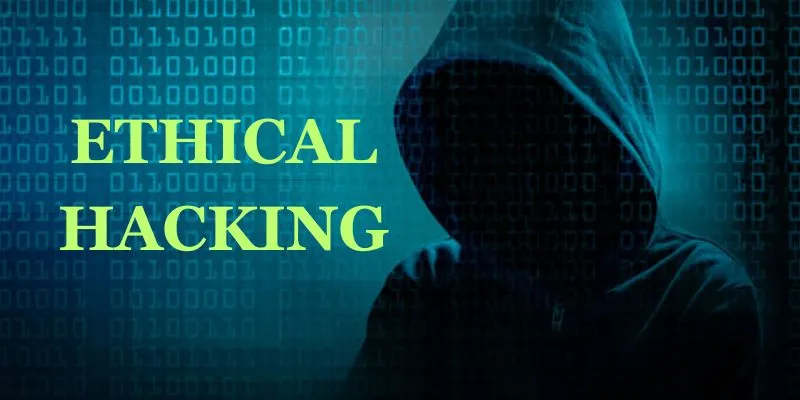
Ethical hacking, also known as penetration testing or white hat hacking, involves legally and ethically exploiting vulnerabilities in computer systems to identify security weaknesses. Building a home lab for ethical hacking practice is essential for aspiring ethical hackers to gain hands-on experience in a safe environment. This blog will guide you through Setting up a Home Lab for Ethical Hacking Practice, covering hardware and software requirements, virtualization tools, and essential lab exercises. For individuals looking to enhance their skills and knowledge in ethical hacking, enrolling in an Ethical Hacking Course in Chennai at FITA Academy can provide structured guidance and practical training to excel in the field of cybersecurity.
Understanding the Importance of a Home Lab
Hands-On Practice
A home lab provides a safe and controlled environment for hands-on practice with various hacking techniques and tools. It allows you to experiment with different attack scenarios without risking damage to real-world systems.
Skill Development
Practicing in a home lab helps you develop essential skills such as vulnerability assessment, penetration testing, and incident response. These skills are highly valued in the cybersecurity industry and are essential for a successful career as an ethical hacker.
Hardware and Software Requirements
Hardware
- Desktop or Laptop: A reasonably powerful computer with sufficient RAM and CPU resources to run virtual machines.
- Network Equipment: A router, switch, and network cables to create a small network environment.
- External USB Wi-Fi Adapter: To practice wireless network penetration testing.
Software
- Virtualization Software: Install virtualization software such as VMware Workstation or VirtualBox to create virtual machines for running different operating systems. For convenient access to virtualization tools and hands-on practice, consider enrolling in a Hacking Course Online, which offers comprehensive training and practical exercises to develop your skills in cybersecurity and ethical hacking.
- Operating Systems: Download and install various operating systems like Windows, Linux distributions (e.g., Kali Linux, Ubuntu), and vulnerable machines (e.g., Metasploitable) to practice different hacking techniques.
- Hacking Tools: Install ethical hacking tools like Wireshark, Nmap, Metasploit, Burp Suite, and John the Ripper for conducting penetration tests and vulnerability assessments.
Setting Up Virtualization
Installing Virtualization Software
- Download and Install: Download and install your preferred virtualization software on your host machine.
- Create Virtual Machines: Create virtual machines for different operating systems and vulnerable machines that you’ll use for practice.
Configuring Networking
- Set Up Virtual Networks: Configure virtual networks within your virtualization software to simulate different network environments, including LANs and WANs.
- Network Bridging: Configure network bridging or NAT to allow communication between virtual machines and the host system.
Essential Lab Exercises
Reconnaissance and Information Gathering
- Scanning: Use tools like Nmap to scan for open ports and services on target machines.
- Footprinting: Gather information about target systems using techniques like DNS enumeration, WHOIS lookup, and social engineering.
Exploitation and Post-Exploitation
- Exploiting Vulnerabilities: Exploit known vulnerabilities in target systems using tools like Metasploit.
- Privilege Escalation: Practice escalating privileges to gain higher levels of access to target systems.
- Maintaining Access: Implement backdoors and persistence mechanisms to maintain access to compromised systems.
Web Application Testing
- Web Application Vulnerability Scanning: Use tools like Burp Suite to identify vulnerabilities in web applications, such as SQL injection and cross-site scripting (XSS).
- Exploiting Web Application Vulnerabilities: Practice exploiting web application vulnerabilities to gain unauthorized access or perform actions like data exfiltration.
Setting up a home lab for ethical hacking practice is an essential step towards mastering the skills required for a career in cybersecurity. By following the guidelines outlined in this blog and engaging in regular practice, you can develop the expertise needed to identify and mitigate security threats effectively. Remember to always practice ethical hacking in a legal and responsible manner, respecting the privacy and security of others. Start building your home lab today and embark on an exciting journey towards becoming a skilled ethical hacker. For individuals seeking structured guidance and hands-on training, consider enrolling in an Ethical Hacking Course in Bangalore to receive expert instruction and practical experience in cybersecurity and ethical hacking techniques.
Also Check: Ethical Hacking Careers- A Comprehensive Guide